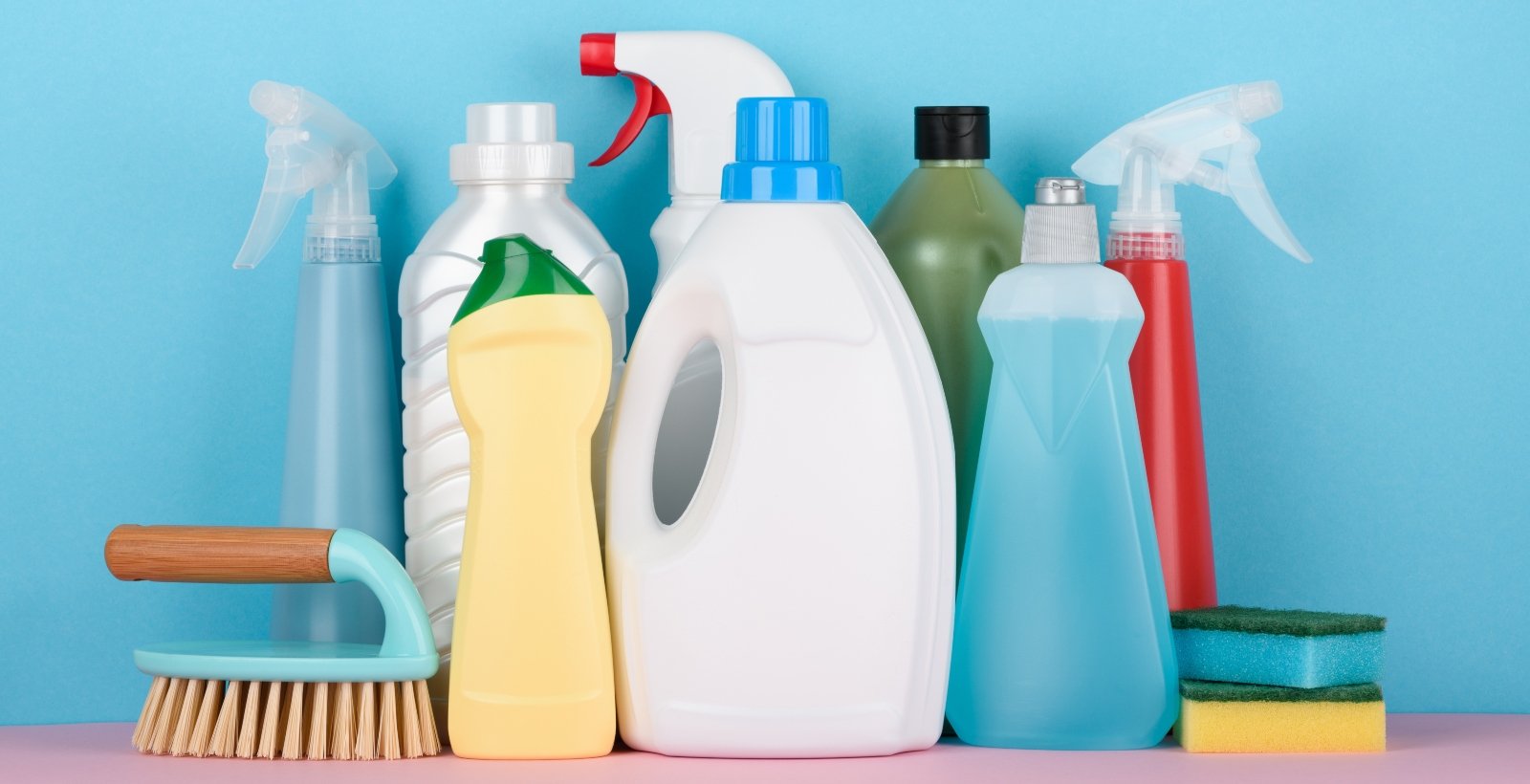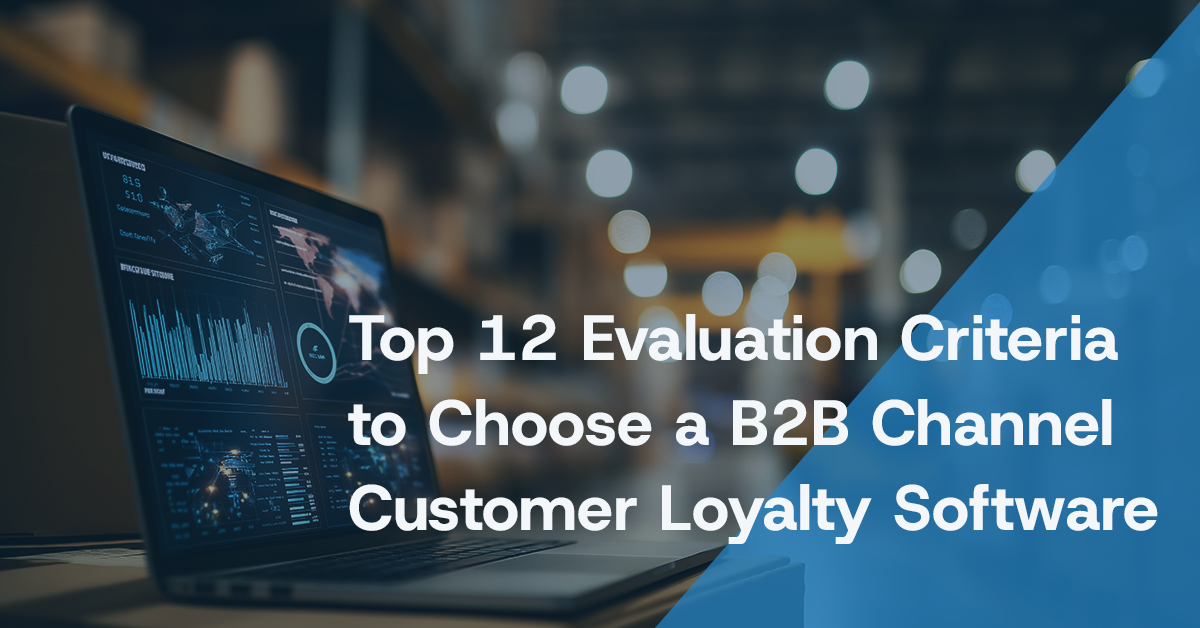At this point, you'd be hard-pressed to find an industry that hasn't been majorly impacted by the still-ongoing COVID-19 pandemic. Virtually overnight, businesses had to pivot and quickly adapt to take advantage of this strange "new normal" that we all collectively found ourselves in—the cleaning industry is a great example of this in action. Cleanliness was always important for both business users and regular consumers, but it's become exponentially more so in the midst of the pandemic.
However, this type of disruption doesn't necessarily have to be a bad thing. It can be seen as an opportunity in every sense of the word. By paying attention to some of the Home Care industry trends that have been taking shape over the last year, you put yourself and your brand in a better position to address the priorities of consumers today—all while creating the type of precious brand loyalty that will serve you well long after COVID-19 has finally left us behind.
The Cleaning Industry: Facts & Figures
According to a recent study conducted by the American Cleaning Institute (ACI), a full 86% of American consumers are confident of their cleaning products' ability to protect them against COVID-19. Not only that, but 46% said they were actually planning on cleaning and disinfecting more thanks to the hygiene best practices that they've adopted throughout the course of the pandemic.
Based on that, it shouldn't come as a surprise that the market for household cleaning products will grow to an enormous $20.13 billion between 2020 and 2024. People are more invested in cleaning and disinfecting than ever—and as a brand owner, it's up to you to take full advantage of it.
One great way to do that involves making it clear to consumers that your products are ones they can trust. You can do this by being as detailed as possible with product packaging to include as much information as you can about whether your products are plant-based, organic, gluten-free, or have other properties that people value. This will go a long way towards instilling a sense of loyalty in your customers.
You could also choose to participate in programs like the Safer Choice Standard from the Environmental Protection Agency. So long as you meet the criteria, you can apply to have the "Safer Choice" label put on your product bottles and dispensers. According to a recent study conducted by Consumer Reports, 44% of adults nationwide said that they would be willing to pay more for cleaning products that were safer for not only their health, but for the environment as well. Another 46% of people said they would potentially pay more money for these products.
Safety Begins at Home
Another important trend to be aware of has to do with the idea that cleaning brands can and should become more than just another "solutions provider" for consumers. Faced with an unprecedented level of uncertainty and in an era of limited interaction with those around them, household brands can absolutely help people address not only their physical health, but their mental wellbeing as well.
Mintel recently acted as an example of just how powerful this can be with their recent "Humanity Begins At Home" trend. The company argues that the COVID-19 pandemic has created a chance for home care brands of all shapes and sizes to leverage their position of trust to help not only create important social change, but to truly become leaders in regard to making our communities better places to live.
These are absolutely the types of opportunities you should be capitalizing on and the type of messaging you should be adopting to strengthen consumer trust not only in your cleaning products, but in your brand itself.
Brand Loyalty Beings with Education
Finally, one of the most important ways that your cleaning brand can instill trust with and foster loyalty among consumers has to do with making sure they fully understand the wide range of different options that are now available to them.
Experts agree that while consumers are looking for protection during the pandemic, they also yearn for simplification as well. They're not necessarily able to distinguish between cleaning, sanitizing, disinfecting, and even sterilization products on their own. Therefore, you need to adjust your messaging to make sure that people are aware of the exact types of products they should use to get the results they want.
BASF's "Protect and Simplify" initiative is a great illustration of just how effective this can be. The company has not only emphasized more efficient ingredients in its cleaning and disinfecting products, but also a push towards products that are e-commerce friendly as well. This allows them to deliver high performing options in a way that is also safer and more convenient for consumers during the pandemic—checking a number of important boxes at the same time.
In the end, COVID-19 has changed most industries significantly—and that impact will continue to be felt long after the pandemic is over. Having said that, disruption doesn't necessarily have to be a bad thing provided that you have the right perspective on it. For cleaning companies in particular, it's created an exceptional opportunity to connect with consumers in more effective and organic ways—which may very well be the most important benefit of all.






